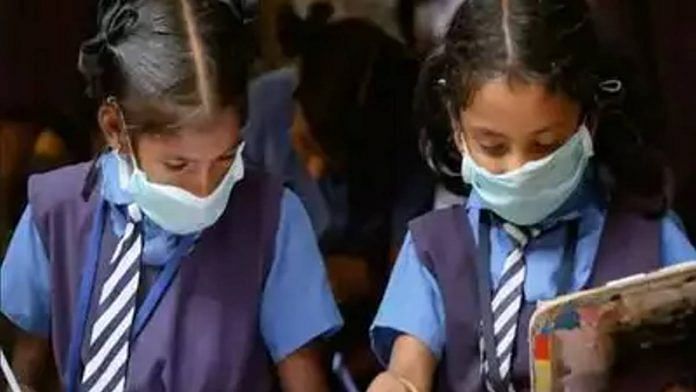New Delhi: As many as 33 per cent of “objectionable or misleading” ads monitored as part of an Advertising Standards Council of India (ASCI) survey were found to be from the education sector, primarily pertaining to edtech enterprises.
The findings are part of the advertising watchdog’s annual report for April 2021-March 2022 that looks into complaints about “objectionable ads”, including those with misleading claims.
The ads monitored belonged to three categories — those that drew complaints from viewers, those flagged by the industry, and those noticed by the ASCI suo motu.
Released Tuesday, the report says 16 per cent of the ads were from the healthcare sector, and 11 per cent from personal care. Several major firms, it adds, had either violated ASCI guidelines or were asked to make changes to their ads.
Up to 8 per cent of the ads were from newer categories like crypto and gaming.
“As advertising increasingly shifts to digital platforms, the monitoring of advertisements for misleading content becomes more challenging. Ads are increasingly served and consumed on personal screens, making it difficult for regulators to truly understand the scale and impact of ads,” the report notes.
“The volume of advertising creative units has exploded, and it is estimated that an average person is exposed to 6,000-10,000 ads per day.”
According to the report, ASCI processed 5,532 ads across print, digital, and television, and 62 per cent more ads compared to 2020-2021. A 25 per cent increase in complaints was observed. The ASCI also noted an overall compliance rate of 94 per cent.
Observing a surge in violations in education sector, the ASCI has planned a study on all advertisements of edtech companies.
ASCI CEO Manisha Kapoor said at a press conference that “education has been a challenging sector and one of the things that we need to keep in context is that education touches every single consumer in this country, unlike certain categories or brands”.
“This is particularly an area which has high concerns and is important to parents,” she added. She noted that edtech companies have big budgets, are on several platforms and “these newer companies are catering to local and regional audiences”.
“Promising things like job guarantees and certain marks or tests are not okay,” she said. “Yes, we do see a concern with edtech and hence we are working on a study that will audit all edtech advertisements. This study will analyse themes and misleading claims.”
Also read: India’s ed-tech is a predatory market. Modi govt can learn from UK, US
Digital ads
This February, a report by the Japanese advertising and PR firm Dentsu cited numbers that suggested a surge in the market size of digital media.
The report said “digital media [in India] is expected to reach a market size of Rs 35,809 crore by 2023 equalling (if not surpassing) the previously-impregnable fortress of TV advertising by 2023”.
According to the ASCI, 48 per cent of the ads it processed were digital, and there was a surge in volume and reach of digital ads over the past year. The report also noted the rising influencer market on social media platforms.
Up to 29 per cent of the total grievances were complaints against influencers, its report says.
The ad watchdog talked about the need to monitor digital ads with new technology and methods of scrutiny.
“ASCI… made significant investments in digital monitoring — be it the 3,000 websites we monitored, or the AI-enabled identification of disguised ads we undertook. All of this has yielded a very different looking landscape in terms of the nature of advertisers and complaints,” it says. “2021-22 marks a new era of digital-focused guidelines, monitoring and compliance, even as we keep our eye on TV and print.”
(Edited by Nida Fatima Siddiqui)
Also read: Now in Indian Ed Tech — a company that makes your baby a ‘prodigy’. All doctors don’t agree



